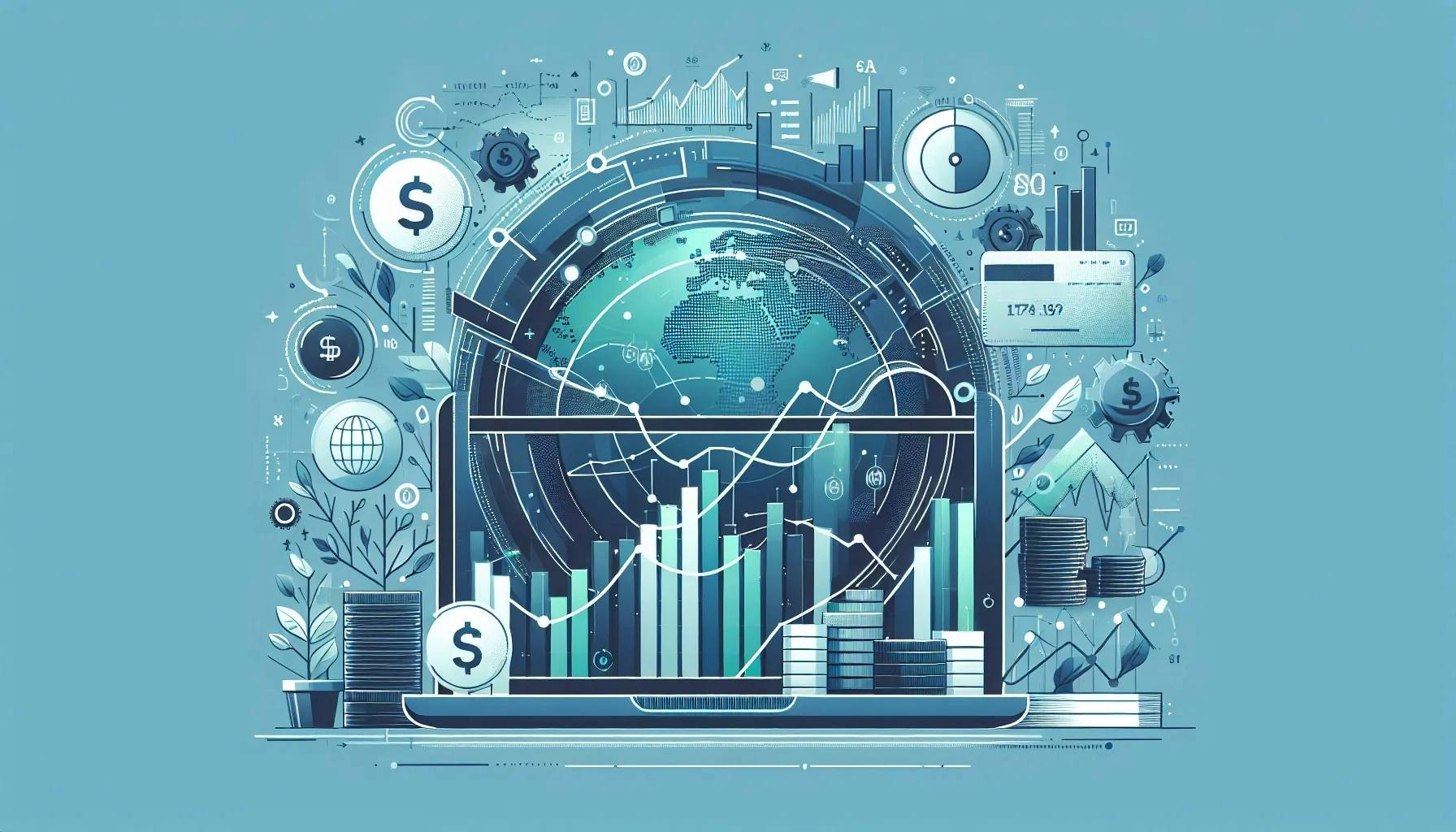Latest Trends in Macroeconomics
Economist Zone

Welcome to a comprehensive exploration of the latest trends in macroeconomics. This blog post will delve into the most recent developments, theories, and practices that are shaping the macroeconomic landscape. We'll explore a variety of topics, from the impact of technology on economic growth to the role of government in managing economic fluctuations. So, let's embark on this journey to understand the current state and future direction of macroeconomics.
The Digital Economy and Macroeconomics
The digital economy is revolutionizing macroeconomics. It's not just about online shopping or digital currencies; it's about how technology is transforming the way economies function. The digital economy is reshaping traditional economic models, leading to new theories and practices in macroeconomics.
The digital economy is creating new markets and opportunities. It's also leading to increased productivity and economic growth. However, it's also raising new challenges for macroeconomic management. For instance, how should governments regulate digital currencies? How can they manage the economic impact of automation and artificial intelligence? These are some of the questions that macroeconomists are grappling with in the digital age.
The Role of Government in Macroeconomics
The role of government in macroeconomics is evolving. Governments are no longer just regulators of the economy; they are also active participants. They are investing in infrastructure, promoting innovation, and managing economic fluctuations.
Government intervention in the economy is not new. However, the scale and scope of government intervention have increased in recent years. Governments are using fiscal and monetary policies to manage economic fluctuations and promote economic growth. They are also using regulatory policies to ensure fair competition and protect consumers.
Globalization and Macroeconomics
Globalization is another trend that is shaping macroeconomics. It's not just about the flow of goods and services across borders; it's also about the flow of capital, technology, and ideas. Globalization is creating new opportunities for economic growth and development. However, it's also raising new challenges for macroeconomic management.
Globalization is leading to increased economic interdependence. This means that economic events in one country can have a significant impact on other countries. For instance, a financial crisis in one country can quickly spread to other countries. This has led to new theories and practices in macroeconomics to manage the risks and opportunities of globalization.
Sustainability and Macroeconomics
Sustainability is becoming a key focus in macroeconomics. It's not just about environmental sustainability; it's also about economic and social sustainability. Macroeconomists are increasingly recognizing that sustainable development is essential for long-term economic growth and stability.
Sustainability is leading to new theories and practices in macroeconomics. For instance, how can economies grow while reducing their environmental impact? How can they ensure that economic growth benefits all members of society? These are some of the questions that macroeconomists are exploring in the context of sustainability.
Inequality and Macroeconomics
Inequality is another trend that is shaping macroeconomics. It's not just about income inequality; it's also about wealth inequality and opportunity inequality. Inequality is a major concern for macroeconomists because it can lead to economic instability and social unrest.
Inequality is leading to new theories and practices in macroeconomics. For instance, how can governments promote economic growth while reducing inequality? How can they ensure that the benefits of economic growth are shared equitably? These are some of the questions that macroeconomists are exploring in the context of inequality.
The Future of Macroeconomics
The future of macroeconomics is likely to be shaped by these and other trends. Macroeconomists will need to continue to develop new theories and practices to manage the challenges and opportunities of the digital economy, globalization, sustainability, and inequality.
The future of macroeconomics is also likely to be shaped by new technologies and innovations. For instance, big data and artificial intelligence are likely to transform the way macroeconomists analyze and predict economic trends. They are also likely to transform the way governments manage the economy.
Wrapping Up the Current Trends in Macroeconomics
In conclusion, the field of macroeconomics is undergoing significant changes. The digital economy, government intervention, globalization, sustainability, and inequality are some of the key trends shaping the field. These trends are leading to new theories and practices in macroeconomics. They are also raising new challenges and opportunities for macroeconomic management. As we move forward, it will be interesting to see how these trends continue to evolve and shape the future of macroeconomics.